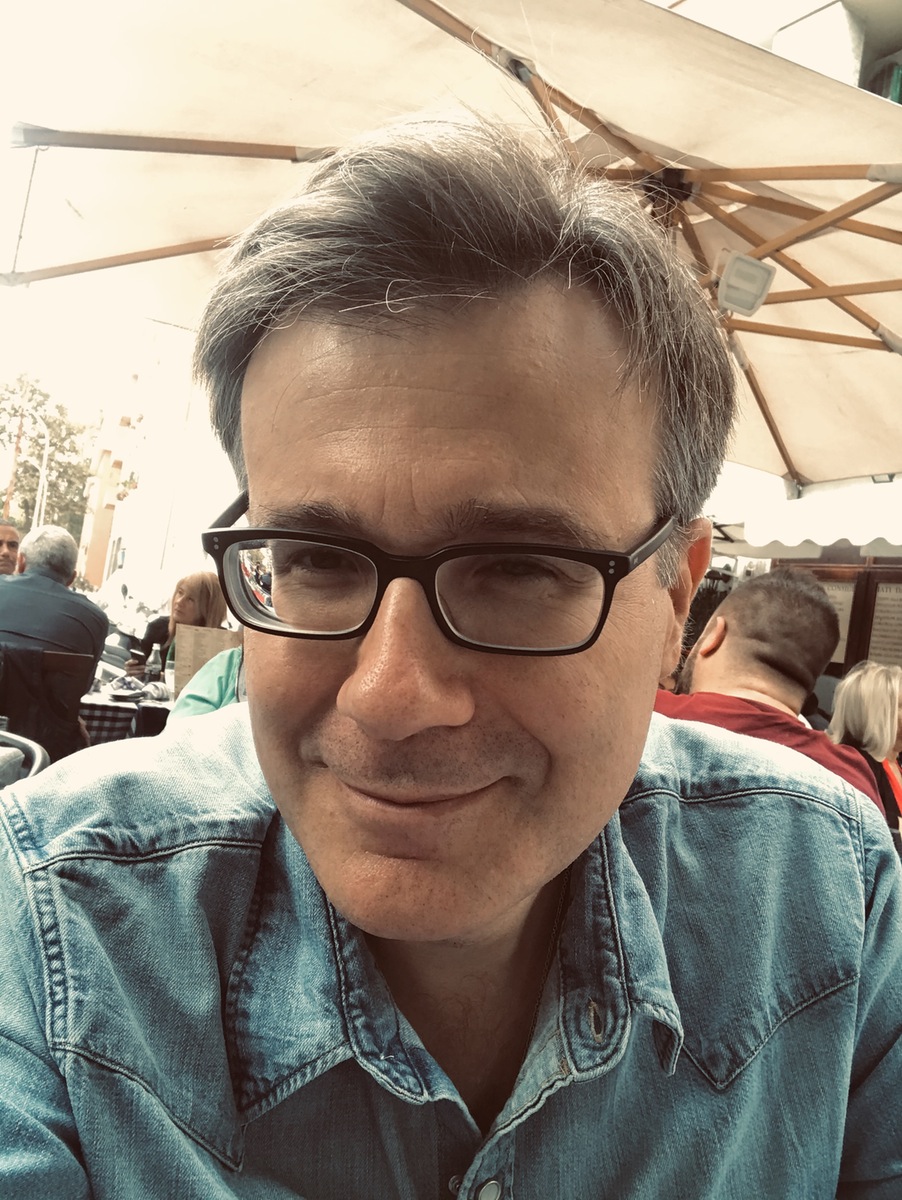Stefano Monti from Rome
How your way of working has changed?
Monti&Taft is active in different cultural segments and this allows us to state that the effects that the emergency has generated on culture have not been entirely homogeneous.
On the internal side, the condition has little changed our daily life: with a team distributed in various areas of Italy and Europe, remote work has been our norm for years.
What has changed is the relationship with the organizations and cultural enterprises we work with. In some cases, the emergency led to the maturation of the "digitization" and proactive attitude paths on which we had been working for some time. In others, instead, we had to deal with a delay in all deadlines, especially in cases of direct relationship with the public sector.
In general, taking care of the more purely management aspects, what has most affected is certainly the increase in the level of uncertainty, which still continues to destabilize part of the cultural and creative production system.
We are realizing that we can live with less mobility?
We are perhaps understanding that it is necessary to live with "better" mobility. However advanced our technologies may be, there are things that cannot be digitized: For some years now, projects such as the Google Cultural Institute or Europeana have made works of art available in digital mode, sometimes with resolutions such as to make details visible on tablets and PCs than to the naked eye, in a museum, they might even escape. Seeing a work of art live, however, is different. The key is not to "replace" but rather to "integrate".
The great recognition of digital services can create a new way of organizing our time. If we create suitable services, we can choose for which activities it is necessary to be physically present and for which activities our physical presence does not bring added value.
Less commuting time and more free time to move to museums, so they know everything about the countless biennials, cities of art or small businesses, taking advantage of digital work to also allow travel on weekdays. This could greatly improve people's lives and also benefit from consumption for cultural and tourist activities.
When all this is over: one thing to do and one never to do again.
One thing to do: continue economic and government action with the same desire for redemption that the Italians showed at the beginning of the emergency. Enthusiasm, solidarity, discipline: these are the traits that the Italians, much to their surprise, they have shown that they have and have allowed us to limit the consequences of a new phenomenon to a minimum, to which neither the citizens, nor public decision makers, they were prepared.
One thing to never do again: be generic, approximate, "faciloni". We have tried in our daily and concrete condition the concept of "personal responsibility". To resume behaving as if our actions had no effect on our society would not be irresponsible, it would be stupid. Likewise, the public debate should abandon the easy generalist rhetoric and begin to go into the details of the issues. During this period we realized how many "lyricists" abound in conferences and talk-shows. The need for concreteness must not be lost. Returning to being content with a meaningless debate would be giving in to mass distraction. Being light is important: that's why entertainment exists. Tackling everything lightly is a mistake that we can no longer afford.
Stefano Monti, partner Monti&Taft, teaches Management of Cultural Organizations at the London School of Economics. With Monti&Taft is active in Italy and abroad in management activities, advisory, strategic development and positioning, business model creation, economic and financial advice, analysis of economic impacts and creation of investment networks. It has been providing expertise to regions for more than a decade, province, common, superintendents and has participated in numerous parliamentary committees. It also deals with mobility, turismo, urban redevelopment through culture. He is the author and editor of numerous books and frequent speaker at conferences. Its goal is to apply investment logic to the cultural sector. http://www.monti-taft.org/

